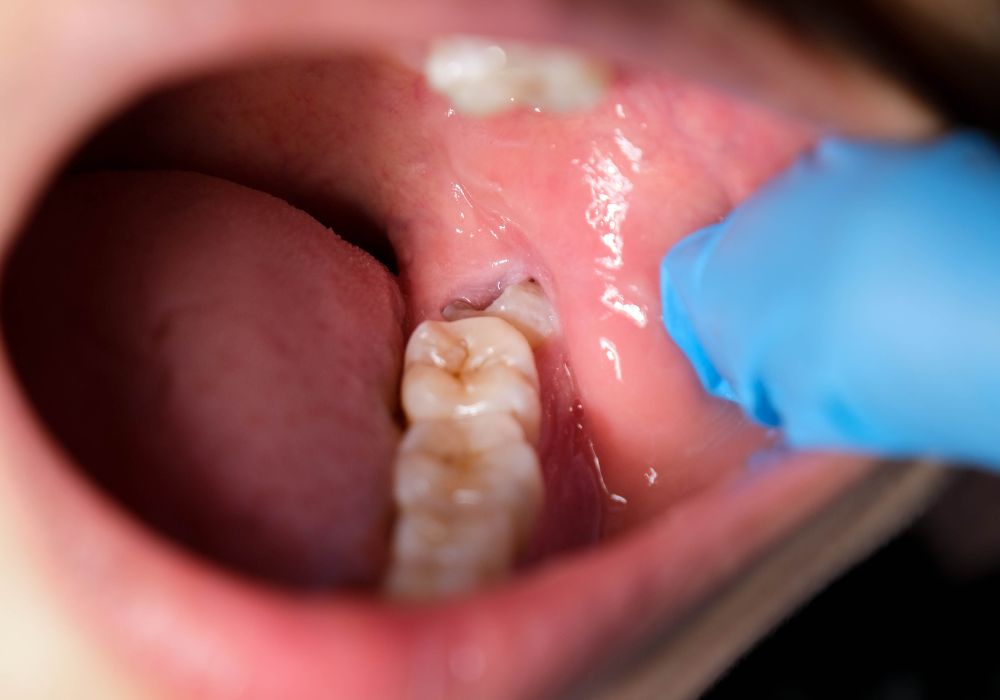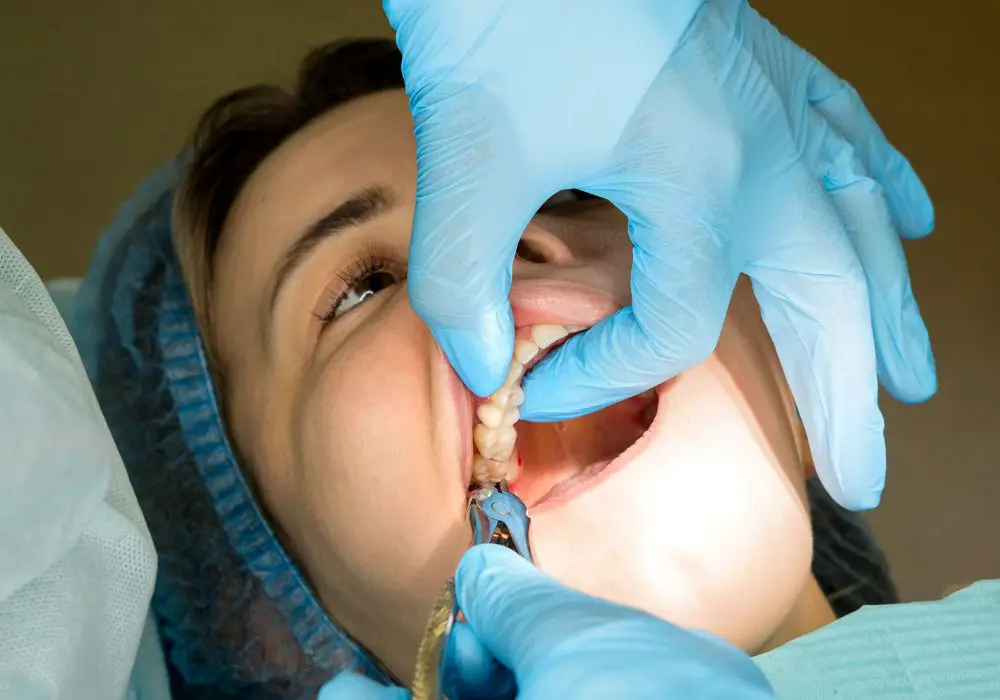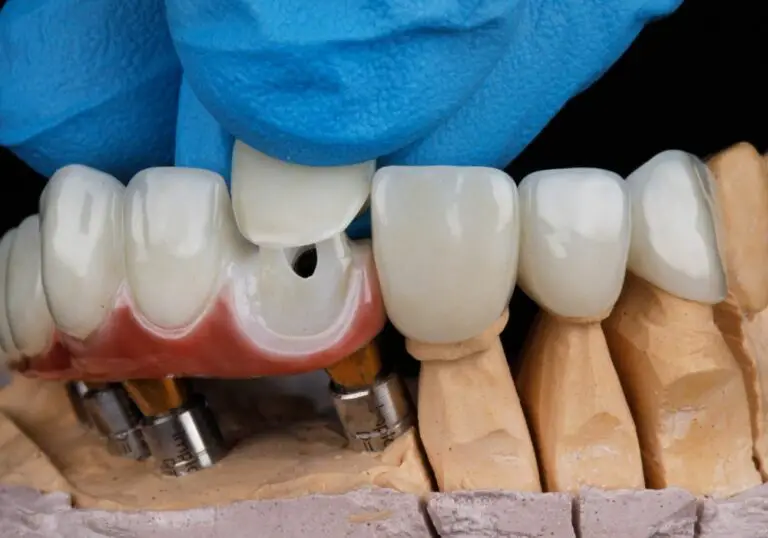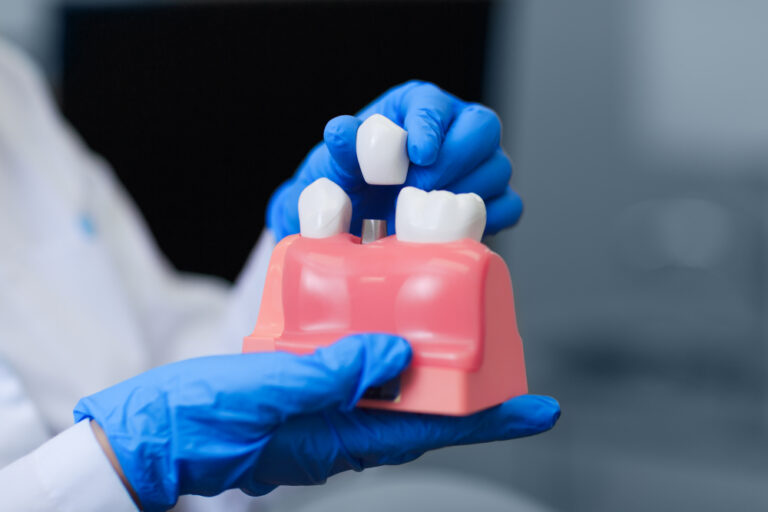Getting your wisdom teeth taken out is a rite of passage for many teens and young adults. If you have an upcoming wisdom tooth extraction, the food you eat leading up to your surgery date plays a key role in your recovery process. Following an optimal pre-surgery diet can help minimize pain and complications, while avoiding certain foods may increase risks.
This complete guide will walk you through everything you need to know about eating before wisdom tooth removal, from the reasons why your pre-op diet matters to specific foods to enjoy and avoid. You’ll also find a handy 5-day sample meal plan to make planning easy. Let’s dive in!
Why the Pre-Surgery Diet Matters

Your nutrition in the days and weeks before your extraction impacts your surgical experience and healing in several important ways:
Faster Healing and Recovery
Eating a diet rich in whole foods, lean proteins, fruits, vegetables, healthy fats, vitamins, and minerals leading up to oral surgery helps prepare your body for the procedure and primes you for optimal post-op healing. Nutrients like protein, zinc, iron, and vitamins A, C, D, and B complex play key roles in wound healing and immune system function. Getting sufficient amounts pre-surgery can help accelerate recovery.
Reduced Swelling and Inflammation
Certain dietary choices have natural anti-inflammatory properties that can help minimize post-extraction swelling. Foods containing omega-3 fatty acids, antioxidants, flavonoids, and enzymes like bromelain are particularly beneficial. Loading up on these anti-inflammatory superfoods before surgery may offer protective effects.
Lower Risk of Infection
Specific foods tend to harbor more bacteria, which could increase your chances of developing a painful infection at the extraction site afterwards. Avoiding overly processed foods, excessive sugars, and high glycemic foods may help reduce this risk before surgery.
Improved Clotting Ability
Vitamin K, iron, collagen, and other nutrients found in certain foods support proper blood clotting. Making sure your diet contains adequate amounts of clot-boosting foods leading up to extraction day can help prevent bleeding issues.
Enhanced Post-Op Comfort
Sticking to a soft, mild pre-surgery diet makes the recovery period much easier. Smoothies, soups, eggs, and puddings are gentle on inflamed gums and extraction sites. Plus, minimizing inflammation helps reduce overall discomfort.
From speeding up your bounce-back time to making the recovery process smoother, your pre-op diet sets the stage for wisdom tooth surgery success. Keep reading for foods to focus on and avoid.
18 Best Pre-Surgery Foods to Eat

Before extraction day, load up on these superb foods to prep both your body and mind for the procedure.
1. Salmon
Salmon is bursting with omega-3s and vitamin D to curb inflammation. Omega-3s may also help manage surgical pain. Shoot for 2-3 servings per week.
2. Spinach
Spinach delivers a hefty dose of antioxidant vitamins A and C. It also provides vitamin K for healthy blood clotting. Enjoy raw spinach before surgery, and cooked afterwards.
3. Yogurt
Creamy, cool yogurt contains whey protein to heal tissues, probiotics to boost immunity, and calcium and vitamin D for bone health around extraction sites.
4. Blueberries
These petite powerhouses contain inflammation-quelling flavonoids. They’re also packed with vitamin C to support collagen formation.
5. Walnuts
Walnuts are a stellar source of anti-inflammatory omega-3 ALA. They also provide protein, iron, magnesium, and zinc.
6. Pineapple
Pineapple contains the enzyme bromelain, which exhibits anti-inflammatory properties to reduce swelling and discomfort after surgery.
7. Turmeric
Curcumin, the active compound in turmeric, has been shown to reduce inflammation and pain post-surgery. Sip turmeric tea or sprinkle on meals.
8. Green Tea
In addition to antioxidants, green tea contains the amino acid theanine, which studies show has anti-anxiety benefits before surgery.
9. Papaya
Like pineapple, papaya is rich in inflammation-fighting enzymes. The soft texture is also ideal for after surgery.
10. Bone Broth
Sipping bone broth provides protein, collagen, electrolytes, and nutrients for healing. Its warm liquid soothes irritated oral tissues.
11. Avocado
Healthy fats and vitamins C, E, K, folate, and B6 in avocados all support surgical recovery. Enjoy mashed or pureed after extraction.
12. Olive Oil
Olive oil is packed with antioxidant and anti-inflammatory phenols. Use for cooking and dressings, or try swishing to soothe inflamed gums.
13. Pumpkin Seeds
These contain zinc for wound repair, immune support, and cell growth, as well as omega-3s to reduce inflammation.
14. Carrots
Beta-carotene in carrots functions as an antioxidant to lessen inflammation. Well-cooked carrots are easy to eat after surgery.
15. Beans
Kidney, pinto, black, or other beans supply plant-based lean protein, fiber, iron, and B vitamins to aid healing. Opt for well-cooked bean soups.
16. Bananas
Bananas are naturally soft, providing potassium to replenish electrolytes lost during surgery prep.
17. Oatmeal
Oats contain fiber, B vitamins, iron, and protein. Enjoy well-cooked oatmeal before and after extraction.
18. Eggs
Eggs offer high-quality protein along with vitamins A, B12, D, E, zinc, iron and more to support all phases of recovery.
When planning your pre-surgery meals and snacks, emphasize the above foods to set yourself up for the best results. Next, let’s look at what foods to avoid beforehand.
Foods to Avoid Before Wisdom Teeth Removal

Just as crucial as what you should eat is what to steer clear of prior to extraction. Avoid the following foods to minimize risks.
Crunchy, Hard Foods
Nuts, seeds, chips, popcorn, crackers, and similar crunchy, brittle, hard foods could potentially dislodge already loose wisdom teeth leading up to surgery.
Chewy, Sticky Foods
Gummy candies, caramels, dried fruit, chewing gum, and other sticky snacks can get lodged in extraction sites after surgery, increasing infection risk.
Tough, Crusty Foods
Skip foods with hard crusts or tough textures, like pizza, breads, bagels, etc. These can also loosen teeth before surgery.
Spicy Seasonings
Skip hot sauces and spicy dishes in the week before surgery to avoid irritating gums and oral tissues.
Caffeine
Reduce caffeine intake 3-7 days before surgery, as caffeine can prolong effects of anesthesia during the procedure.
Carbonated Drinks
The bubbles and pressure in carbonated drinks like soda may dislodge blood clots after surgery, causing complications.
Alcohol
Alcohol can adversely interact with anesthesia and analgesics. Avoid drinking alcohol for 1-2 weeks beforehand.
Sharp Foods
Sharp foods like chips and crunchy veggies could poke or scratch oral wounds. Stick to soft options.
By avoiding these foods in the days leading up to your surgery date, you can reduce risks and set yourself up for a smooth extraction and comfortable recovery.
5-Day Sample Pre-Surgery Eating Plan

Here is a 5-day sample meal plan focusing on nutritious, anti-inflammatory foods to optimize your pre-operation diet:
Day 1
Breakfast: Greek yogurt with blueberries, walnuts, cinnamon, and honey
Lunch: Salmon salad sandwich on soft bread with lettuce, tomato, avocado
Dinner: Chicken vegetable soup with soft cooked carrots, zucchini, peas, and quinoa
Snacks: Smoothie with spinach, avocado, banana, milk; cottage cheese
Day 2
Breakfast: Omelet with sautéed spinach, avocado, and feta cheese
Lunch: Black bean soup with soft bread; mashed avocado; pumpkin seeds
Dinner: Baked cod with olive oil, lemon, and herbs. Steamed broccoli and rice on the side.
Snacks: Hard boiled egg; pineapple chunks; collagen peptides in water
Day 3
Breakfast: Oatmeal topped with banana, almond butter, chia seeds, cinnamon
Lunch: Turkey sandwich on soft bread with mashed avocado, lettuce, roasted red pepper
Dinner: Vegetable curry with soft cooked carrots, sweet potato, chickpeas over brown rice
Snacks: Green smoothie; peanut butter toast with jam
Day 4
Breakfast: Veggie scramble with onions, peppers, mushrooms, spinach
Lunch: Rice bowl with salmon, avocado, cucumbers, pickled ginger and spicy mayo on the side
Dinner: Chicken tortilla soup with beans, soft cooked veggies, brown rice
Snacks: Cottage cheese; pear; nut granola
Day 5
Breakfast: Pineapple spinach smoothie with banana, Greek yogurt, milk
Lunch: Grilled turkey and cheese sandwich on soft bread; carrot sticks
Dinner: Veggie pizza with mashed avocado instead of cheese. Load up on soft toppings.
Snacks: Apple sauce; boiled eggs; hummus and soft pita
Stay Hydrated!
Drink plenty of water, herbal tea, bone broth, and diluted fruit juice daily. Proper hydration supports healing.
Focus on getting at least 60-80 grams of protein per day from sources like poultry, fish, eggs, yogurt, beans, and nuts. Keep your diet anti-inflammatory, nutrient-dense, and soft as you approach extraction day.
Foods to Eat After Wisdom Tooth Removal

While your pre-surgery diet minimizes risks, your post-op diet focuses on promoting healing. Follow these tips:
- Stick to a soft foods diet for 5-7 days, then slowly add in more textures
- Include plenty of protein foods like eggs, yogurt, nut butter, soups, pudding
- Focus on antioxidant and anti-inflammatory foods to reduce swelling
- Avoid spicy, crunchy, acidic, sticky, sharp, or overly hot temperatures
- Stay hydrated with water, diluted juices, herbal tea, broths
- Don’t use straws or drink carbonated beverages to avoid dislodging blood clots
- Slowly reintroduce regular foods after 1-2 weeks as comfort allows
Adhering to a liquid-based, soft diet after surgery allows your mouth to heal while still providing essential nutrients. Pay attention to your body, only progressing your diet when you feel ready.
Conclusion
What you eat leading up to your wisdom teeth extraction plays a big role in your surgical and post-operative recovery. Focus on anti-inflammatory foods rich in proteins, vitamins, minerals, and healthy fats to support healing. Avoid hard, sticky, spicy, or overly processed choices that could complicate surgery and recovery. Stick to a nutritious soft foods diet after extraction. Follow these pre- and post-op diet tips to accelerate your recovery and keep discomfort to a minimum!
FAQs About Wisdom Teeth Removal Diets
How soon should I switch to a soft food diet before surgery?
It’s wise to begin avoiding hard, crunchy, and sticky foods 7-10 days prior. Transition to a diet of smoothies, soups, eggs, puddings, etc 3-5 days before surgery.
Can I drink alcohol after wisdom teeth removal?
No. Avoid all alcohol for at least 1 week after surgery as it can interact with pain medication and slow healing. Drink plenty of water and juices instead.
How long do I need to stick to soft foods after surgery?
Plan on following a soft food diet for 5-7 days minimum as your mouth heals. Then slowly reintroduce regular textures over the next 7-10 days as chewing becomes more comfortable.
When can I resume a normal diet after wisdom tooth extraction?
Most people can return to a regular diet 2-3 weeks after surgery. Take it slowly, making sure to continue avoiding any sharp or crunchy foods that could damage healing surgical sites.
How soon after wisdom teeth removal can I drink coffee?
Wait at least one full week before trying coffee or other very hot or acidic drinks. The heat and acidity can irritate healing extraction sockets. Slowly ease caffeine back in after 1 week.
The Takeaway
Consume anti-inflammatory, soft, nutrient-dense foods before and after wisdom tooth removal. Avoid hard, sticky, crunchy, spicy, and high-risk foods pre-op, and slowly progress your diet post-op. Proper nutrition supports faster, more comfortable recovery.






